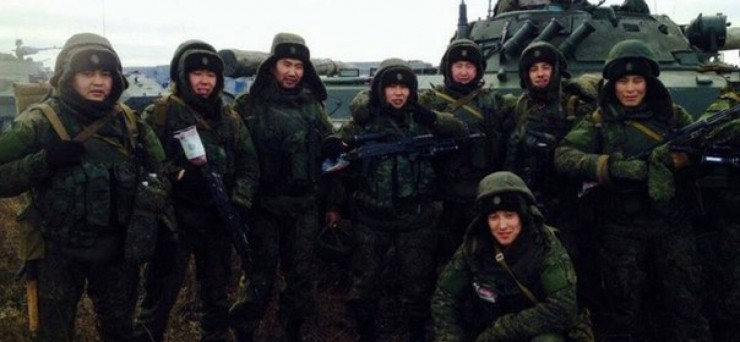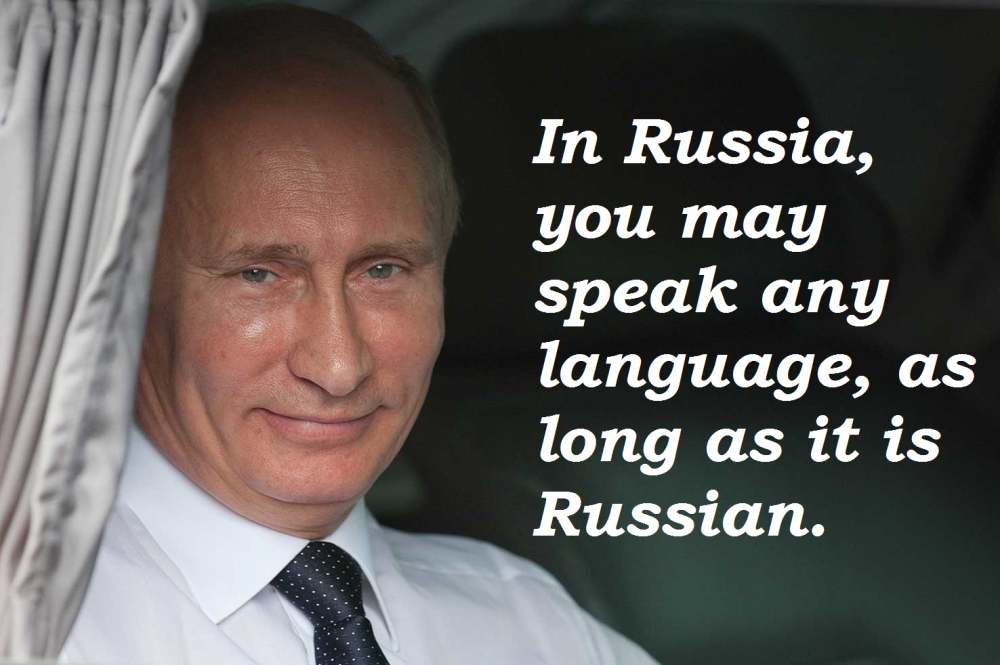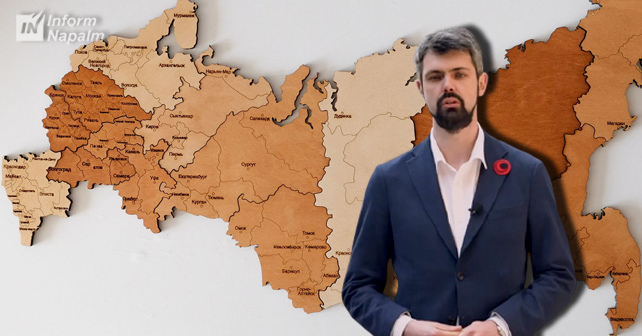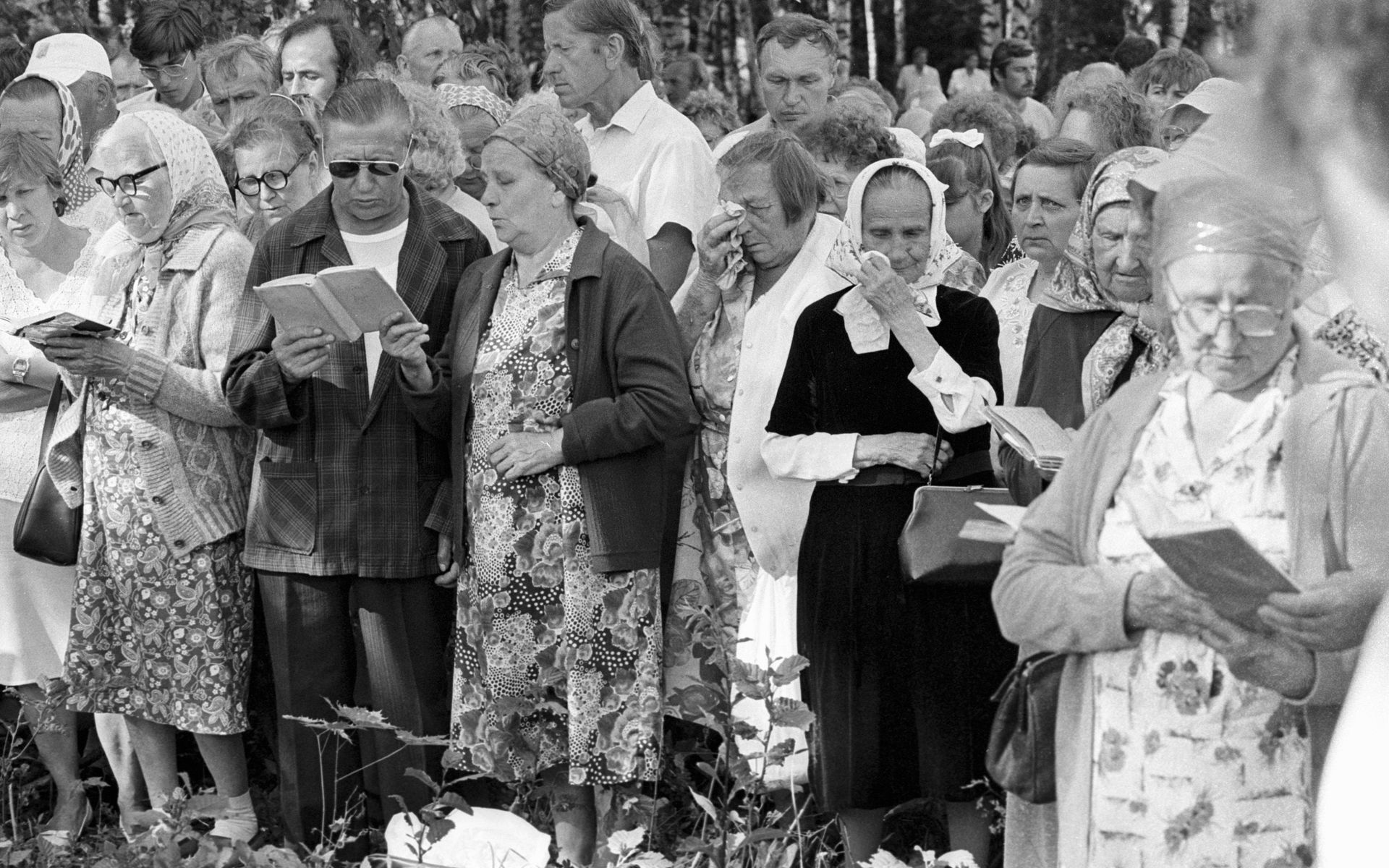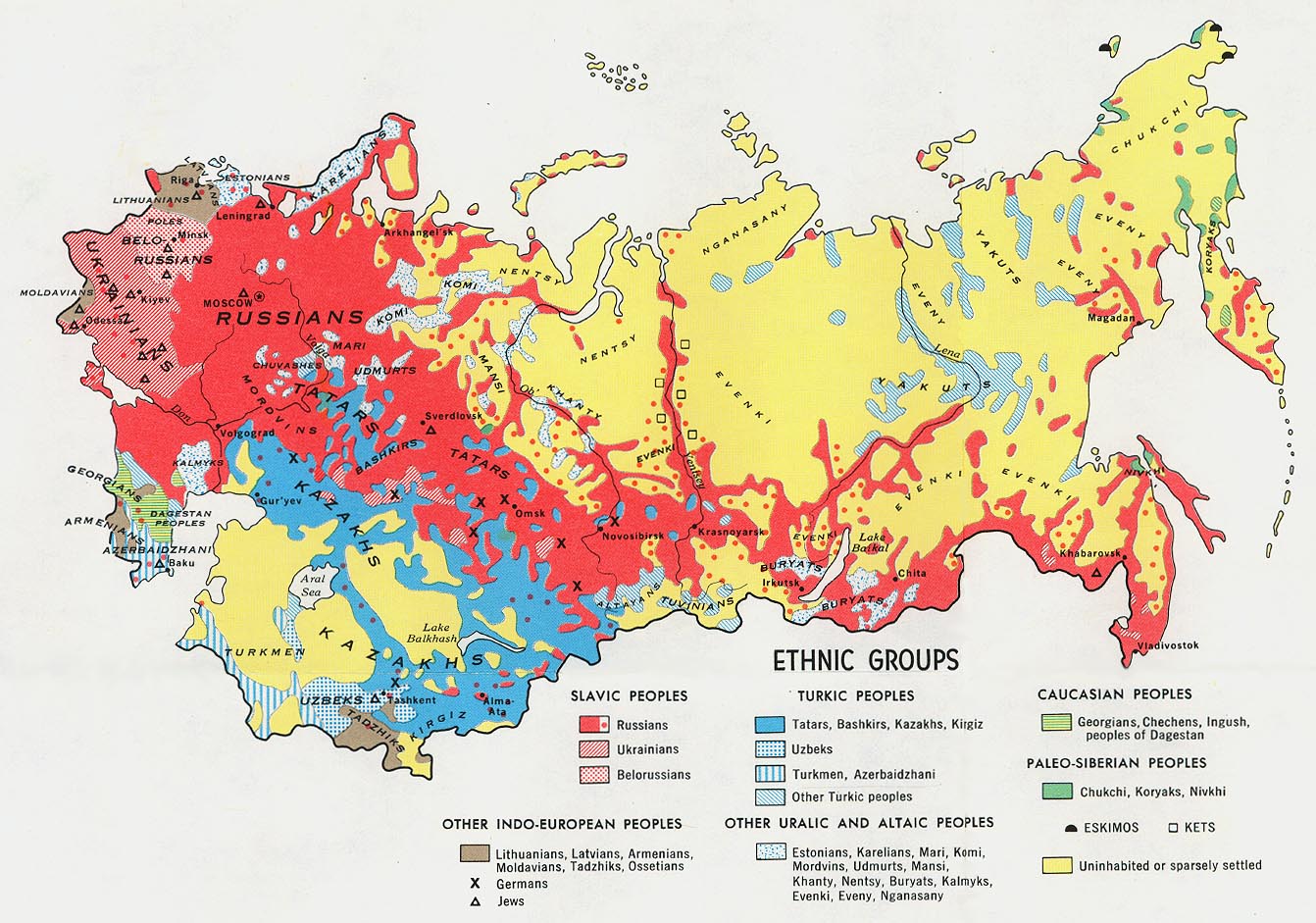Reflecting the disproportionate share non-Russians and Russians from distant regions occupy in the Russian military and possibly a decision by Moscow to use such people as cannon fodder, there is growing evidence that non-Russians, on the one hand, and Russians from rural areas, form a disproportionate share of Russian combat losses in Ukraine.
The Idel.Realii portal analyzed 107 reports of combat deaths and those taken prisoner in Ukraine that have appeared in Russian telegram channels. Of these, some 30 percent had names which were obviously non-Russian and a significant portion of these were those from Muslim nationalities.
Given that Moscow insists that non-Russians form no more than 20 percent of the Russian population, this is already a disproportionate number; and the overrepresentation of non-Russians may be even greater as many non-Russians do not have names immediately recognizable as non-Russian.
In addition, the portal concluded, many of those with apparently Russian names were from villages in distant regions, places where the number of people who would know about their deaths would be smaller and where far fewer people have their own social media accounts or telegram channels by which they could spread the word.
The most likely explanation for this pattern is that non-Russians and Russians from villages far from Moscow form a disproportionate share of the Russian military and thus would suffer disproportionately as a result.
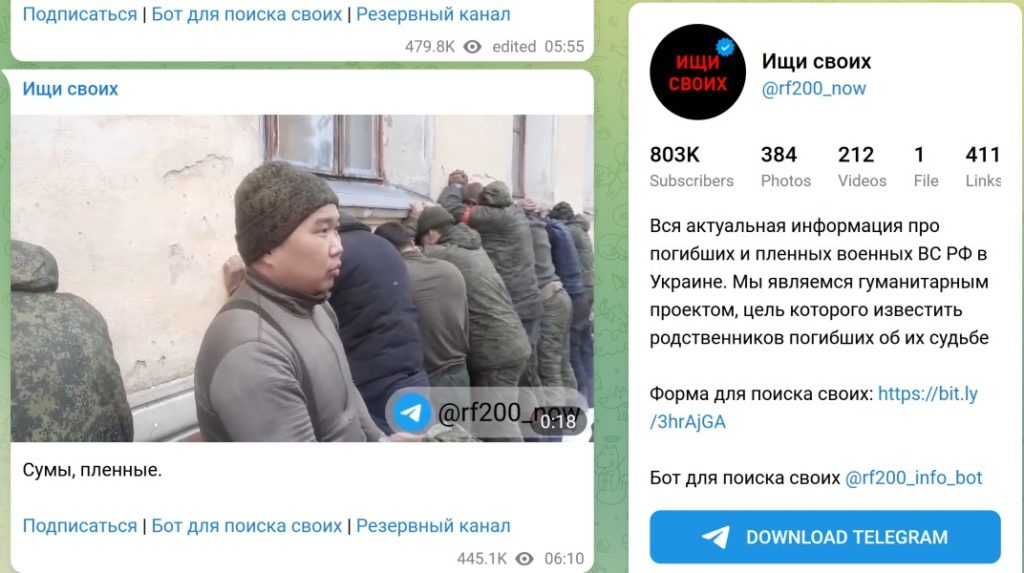
Indeed, Abbas Gallyamov, a former Putin speechwriter and now a commentator, says that he finds it difficult to imagine that commanders would cynically use such soldiers as “’cannon fodder’” in order to protect Russian troops. But he concedes that if such a decision were made, it would be “completely workable.”
Related: Many non-Russians inside Russia oppose Putin’s war; some see end of empire approaching
That is because many in the national republics and rural parts of Russia are quite ready to believe that this is exactly what the army is doing, he continues. “The level of trust in Moscow is minimal: it destroyed federalism and local self-administration, pulled money out of the regions, and restricted the teaching of non-Russian languages.”
Any suggestion that Moscow is quite prepared to put non-Russians in harm’s way to spare ethnic Russians will fall on “well-prepared soil,” Gallyamov says. But Putin knows this, fears nationalists, and wouldn’t be likely to take such a risk, the commentator suggests in conclusion.
Read More:
- Ukraine will release Russian POWs to their mothers if they come get them personally
- Moscow issues slide show for Russian schools to teach pupils to hate Ukraine
- World War Three has already begun
- Support for NATO, EU, and Zelenskyy skyrockets after Russian invasion of Ukraine
- ‘Putin’s military success in Ukraine would have no meaning because politically he’s already lost the war,’ Pozharsky says
- Leaders of non-Russian republics backing Putin’s war in Ukraine said losing legitimacy in eyes of their nations
- Many non-Russians inside Russia oppose Putin’s war; some see end of empire approaching

